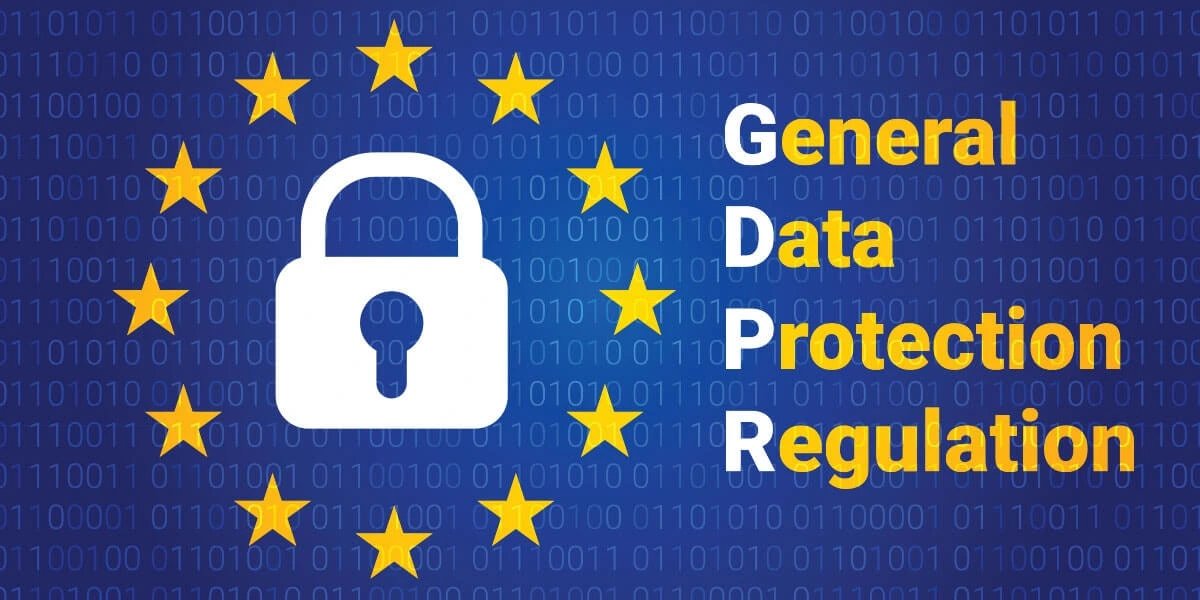8 steps to attract new clients through effective sales lead generation

For any company that wants a steady stream of business, moving leads down the sales funnel is highly critical. The sales lead generation process captivates, nurtures, and convert leads into actual customers. 53% of marketers spend at least half of their budget on lead generation, reflecting that this indispensable routine is no cakewalk.
Formerly, businesses restricted their lead generation process to specific norms and tools. However, with digital transformation becoming all-pervasive the sales process has changed radically. Cold reach is now just one of the enablers that sales teams use, among a gamut of lead generation tactics.
But, regardless of several options, 63% of marketers still struggle with an ideal lead generation process for their businesses.
To help you focus on your lead generation goals and effectively navigate barriers to stay above the competition, here’s an 8-step process that will get you in the winning lane:
1. Plan
A lot goes into planning and examining customers in your sales funnel. Here are some key action points to consider:
- Set a budget: Determine the estimated cost involved in the overall lead generation process. Right from the salaries of the sales personnel for your outbound team to the CRM tools and technologies you need to effectively reach them.
- Human resources involved: You need a researcher, a full-time sales development representative, a marketing VP to track all marketing efforts, and a copywriter to execute these efforts. A strong and reliable team can optimize your lead generation process.
- Know your audience: Accumulate relevant information about your audiences, such as their email address, full name, state, country, and company name. This information helps nurture leads in the right direction, and channel them through your sales funnel to eventually convert them into customers.
- Set deadlines: A lead generation campaign without a deadline is likely to be endless. Wise salespeople set a timeframe inclusive of launch and end dates, enlist team members, and their daily goals.
- Select your tools: Every lead generation funnel available online will share a different set of tools. However, it is wiser to pick tools that work for your audience and business and optimize them. You can use lead-generation software tools, form-scrapping tools, CTA template tools, visitor tracking tools, and content-generating tools among others.
2. Research
Statistics play a significant role in convincing your prospects to turn into actual customers. For instance, if you simply say that you provide good automation services won’t really have an impact on your customers. However, when you say that your custom-made automation process helped a business improve productivity by 40%, then customers may consider approaching you.
Next, it’s imperative that you monitor leads on a daily, weekly, and monthly basis. This way, you can understand your leads better, align them to the right offerings, and share relevant content and information that guide their business decisions.
Simultaneously, concentrate on lead scoring as it informs you about changes in the persona, engagement, velocity, and buyer stage of your customers as they move ahead in the sales funnel. The negative and positive scores provide a signal of the ideal time to nudge them.
Read more: How a company achieved 33% lead conversion rate through data-driven insights
3. Get your timing and messaging right
Before sending a message to potential leads, ensure you let them know:
- Why are you sharing this message with them?
- Why this specific service or product?
- What is the reason and relevance of sharing the message right now?
Sending personalized messages can be lucrative as they grab the attention of your audience. Simultaneously, adding a CTA to your messages will assist them a step closer to reaching you efficiently.
It has been observed that relevant and insight-based content compels potential customers to share their contact details with the business reaching out to them. For instance, publishing a new blog on common customer pain points can trigger more clicks, and attract them to subscribe to your website or share their email address.
4. Pre-targeting
This is the latest approach to reaching out to your leads again after sharing a cold email, message, or call. Pre-targeting is a way of educating your leads about your services or products. In other words, it is an initiative to back your brand awareness and increases your chances of getting noticed.
For instance, VetEq’s marketing department uses an email list from its cookie data pools for pre-targeting and nudging its brand awareness among veterinarians in the vicinity.
5. Landing pages
A landing page on your website must have a purpose, it can be as simple as sharing your product list, operational hours, or contact information. Ensure that your website is based on a reliable host as it helps you to reach your customers promptly.
You may find it surprising to know that only a few businesses have customized CTAs that lead to a relevant landing page. Otherwise, a majority of businesses link CTAs to their home pages. CTAs should ideally lead customers to a specific page that provides them the information that they are in search of and not your website.
What makes a stellar landing page:
- Responsive and appealing design
- Personalized CTA
- Catchy headline
6. Organizing emails and calls
Emails and calls are two overlapping areas in your sales lead generation funnel. For instance, you can shoot a cold email and follow up with a cold call or vice-versa.
- Recheck: Your handpicked potential leads can slide from your bucket if you ignore them for a while. Hence, rechecking your leads is a thumb rule of your lead generation strategy.
- Follow-up: Don’t rush to send a follow-up but ensure that you send one based on the time zone of your audience. Your next step is to wait for their revert which could be negative, positive, neutral, or an auto-generated reply.
- Use tools: To ensure that you call and share messages and emails on time, you can install CRM software as they can send timely reminders and immediately notify you of reverts. You can use marketing automation and interactive content marketing tools for effective results.
7. Reporting
Reporting is required at every stage in this process, your researchers are humans and may miss out on certain details, and hence enter details in your system to generate reports.
An ideal report comprises:
- Details of potential leads
- Time invested in research and each lead
- Pre-set email templates
- Record all emails shared
- Emails bounced
- Auto replies
- Track open rates (emails opened)
- The sequence of opened emails
- Unopened emails
- Unsubscribe requests
- Negative reverts and unsubscribes
- Follow-ups
- Average time spent on calls
- Qualified leads
The ratio of qualified leads to actual conversions. You can track results based on:
- Conversion rates
- Number of views
- Registrations
- Cost per lead
- ROI
8. Analysis
The last step in the process is analyzing the entire lead generation process and beginning another cycle of planning. In other words, this last step can be concluded as the first step of a new cycle.
At this stage, it is important to analyze what worked for your business, initiatives that aren’t beneficial, and measures to be taken to improve your lead generation process.
This lead generation process can be altered as per the nature of your business and your lead responses. However, the initiatives are likely to be the same but the way you execute them matters and leads your customers further in the funnel. Use a marketing automation tool to evaluate whether you have hit all your business KPIs and other metrics.
The key areas that you must analyze weekly or monthly are:
- Images and visuals
- CTAs
- Landing pages
- Email approaches
- Lead captures
- Offers
Struggling to determine where you lack in your sales approach and need a modern lead generation funnel?
Read more: Demand generation: 4 ways to attract qualified leads
Netscribes has been a strategic partner to top organizations across sectors, helping uncover gaps in their sales funnel, and recommending a data-driven lead generation roadmap. To understand areas that need your attention and investments and drive to a successful and customized lead generation initiative contact us.








